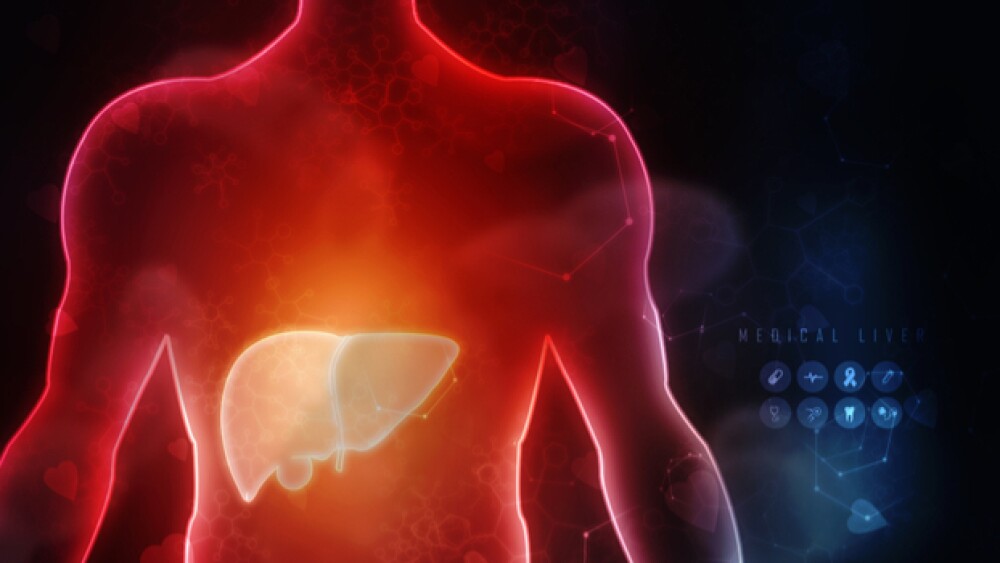They will leverage Dicerna’s GalXC RNAi technology platform to explore more than 30 liver cell targets.
Dicerna Pharmaceuticals, based in Lexington, Massachusetts, partnered with Denmark’s Novo Nordisk to discover and develop liver-related cardio-metabolic diseases. They will leverage Dicerna’s GalXC RNAi technology platform to explore more than 30 liver cell targets.
Under the terms of the deal, Novo Nordisk will pay Dicerna $175 million upfront and a $50 million equity investment in Dicerna at a premium. Novo Nordisk also agrees to pay Dicerna $25 million annually during the first three years of the partnership contingent o Dicerna creating RNAi molecules for a specific number of targets. There is another $357.5 million per target in development, regulatory, and commercial milestone payments as well as potential tiered royalties in the mid-single-digits to mid-teens.
“We are excited to collaborate with Novo Nordisk on this broad research and development effort that extends the reach of our GalXC platform to a wide range of liver cell targets and maximizes our opportunities in serious liver diseases,” said Douglas M. Fambrough, president and chief executive officer of Dicerna. “Our efforts will benefit from Novo Nordisk’s expertise in cardo-metabolic diseases and years of experience developing and commercializing innovative therapies worldwide, which will help us advance novel RNAi treatments for underserved patient populations.”
The indications for the R&D pact are broad, including chronic liver disease, non-alcoholic steatohepatitis (NASH), type 2 diabetes, obesity, and rare diseases.
Each company will co-develop and co-commercialize product candidates found during the collaboration. Novo Nordisk will head up research targeting cardio-metabolic disorders and other indications with Dicerna have the chance to choose two programs during clinical development.
Dicerna will hold rights to launch two new orphan liver disease programs that Novo Nordisk can opt into. For all the programs they co-develop, they will share in the profits and losses of net sales of products related to their contribution to co-development costs.
RNA interference (RNAi) is a process where specific double-stranded RNA molecules inhibit the expression of disease-causing genes. They do this by destroying the messenger RNAs (mRNAs) of the genes. It is a new approach. Instead of developing small molecules that target and bind to proteins to inhibit their activity, RNAi takes place one step earlier by targeting the mRNA—mRNA delivers the gene coding to the machinery of the cell that creates protein. Theoretically, RNAi can attack any target, including disease-causing genes expressed only inside cells and have no good or identified small-molecule binding pockets. In other words, RNAi can theoretically drug the undruggable.
“Through this important collaboration with Dicerna, we gain access to an innovative technology and deep expertise in RNA interference,” said Marcus Schindler, senior vice president of Global Drug Discovery in Novo Nordisk.”
Schindler added, “Dicerna is the ideal partner to discover and develop molecules for targets that may yield multiple potential treatments across disease areas such as diabetes, obesity, cardiovascular, and NASH. We will work closely together to unlock the true potential of treating a range of diseases using RNAi therapies, for the benefit of patients.”
Dicerna currently has strategic collaborations with Roche, Eli Lilly and Company, Alexion Pharmaceuticals and Boehringer Ingelheim.





